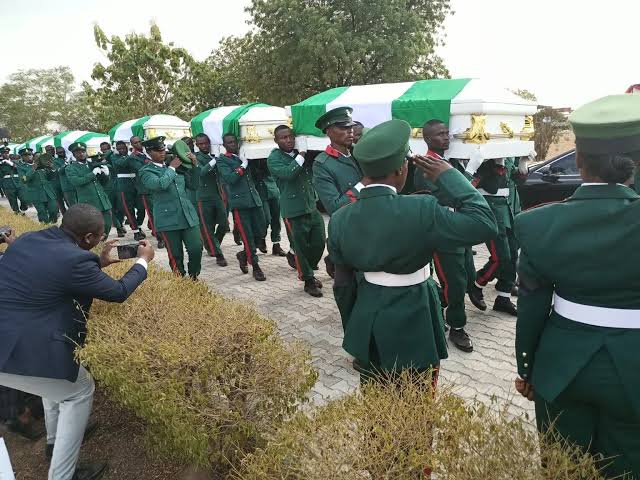NEW DELHI: Afghanistan demanded an end to financial sanctions against it at the start of a two-day meeting involving the United Nations in Qatar’s capital Doha on Sunday.
Why is the pace of easing of trade and financial sanctions remain slow, asked Afghan government spokesman Zabihullah Mujahid, who is leading his country’s delegation at the June 30-July 1 talks.
“We perceive the current Doha meeting as a crucial opportunity to engage in constructive dialogue regarding the unilateral and multilateral sanctions imposed on some officials and our financial and banking sectors, as well as the broader challenges confronting our national economy,“ he said.
“This forum represents a positive step towards addressing these issues and providing reassurance to the Afghan people that the imposed restrictions on our nation will be alleviated in due course,“ he said.
The Afghan official said all foreign reserves of Da Afghanistan Bank should be released.
The Afghan central bank’s assets in the United States and Europe totalled around US$9 billion, which were frozen by the US following the withdrawal of the US-led forces from Afghanistan in August 2021.
“The continued freezing of these reserves has severely impaired the ability of commercial banks to meet the currency needs of their clients, both domestically and internationally,“ Zabihullah said in his speech.
This is the third UN meeting of “special envoys” of countries and organisations on Afghanistan.
UN under-secretary-general for political and peace-building affairs Rosemary DiCarlo chaired the meeting on behalf of Secretary-General António Guterres.
Zabihullah said Afghanistan is committed to “positive engagement” with the international community but major powers should not use “their leverage to impose security, political, and economic pressures on our people” due to policy differences with the Afghan government.
He highlighted his country’s improved relations with regional countries, including China, Kazakhstan and Russia.
“Just as the regional countries have positively interacted with the current government of Afghanistan as a responsible system, we hope that Western countries will also prioritise mutual bilateral interests in a similar manner,“ he said.
Referring to Afghanistan’s participation in regional trade, transport and energy projects, Zabihullah said an essential element of the country’s foreign policy is economic.
These include a railway link from Uzbekistan to Afghanistan to connect Central Asia with South Asia.
“Our respective entities are working closely with our Uzbek and Pakistani counterparts. In collaboration with Turkmenistan, we have made significant progress regarding the implementation of the ambitious gas pipeline project (TAPI) over the past two years,“ Zabihullah said.
The 1,840-km pipeline is proposed to carry natural gas from Turkmenistan to Afghanistan, Pakistan and India.
Zabihullah said Afghanistan is also committed to collaborate with the countries part of the North-South corridor, a multi-modal network of rail, roads, and sea routes from Russia to India via Iran.

 1 day ago
1 day ago
















 English (US) ·
English (US) ·